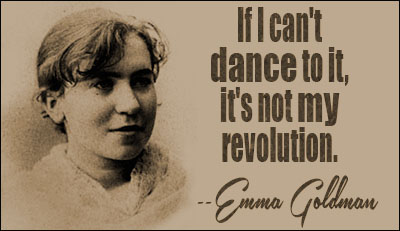So how did we get into such a mess, one vile prat sells weapons to another vile prat so he can flatten a hospital being used by another vile prat, who then returns the favour by bombing the vile prat’s power grid. Then they both turn to the cameras and declare it’s all the other’s fault, while pointing fingers and shouting: “You’re the real vile prat here!”

Meanwhile, the rest of us, watching from behind #dotcons screens, trapped in algorithmic echo chambers, suffer the fallout, literally and figuratively, as these vile people continue their pushing pantomime of destruction. Whole cities vanish, people starve, oceans rise, and still, the prats keep prattling on.
Then there’s a whole swarm of quieter, vile prats. These are the ones in expensive suits who sit on boards and in parliaments, nodding sagely while doing absolutely nothing. Example? The arms trade with Saudi Arabia. The world watches Yemen bleed dry while the UK and US keep shipping weapons and shrugging. Another? The climate crisis, where oil companies, vile prats with shiny logos, knew the damage decades ago and simply paid the #mainstreaming to bury the evidence. Or look at Gaza. Or Sudan. Or Myanmar. Pick a conflict, you’ll find the same prats.
Our use of tech’s is core to this mess making: the #dotcons, surveillance platforms we call “social media” feed us these nasty prats daily, empowering them while disempowering us. And the #mainstreaming pundits, journalists, and influencers #fashernistas act like this is all normal, business as usual. They’re part of the problem. A bunch of vile prats, simply.

And because this feedback loop of prattery is normalized, people keep telling us this is how the world has to be. No alternatives. No resistance. Just sit down, shut up, and doom scroll. So here’s a humble ask: Don’t be a prat. Don’t excuse prats. Don’t promote prats. Start calling prats what they are. Vile prats.
How the world gets into this nasty mess, One vile prat supplies bombs to another vile prat so he can bomb another vile git, who then bombs the vile prat who bombed him. Then they keep being vile prats to each other and blaming each other and calling each other a vile prat for being a vile prat. And the rest of the world watches and suffers as these vile prats simply keep being vile prats. There are also many other vile prats who don’t speak up because one nasty vile prat, the biggest vile prat, has blackmail photos of them all being perverts, not in a good way.
Anyone #mainstreaming is pushing this mess. (Paraphrased from David Dayan)

And people think and act on this as normal behaver, this is why we are in such a mess, #KISS. The path out is to start composting, not feeding the mess. You don’t have to be perfect, just don’t be like everyone else, don’t be that person, thanks.
Some reading: https://steady.substack.com/p/when-incompetence-goes-to-war







